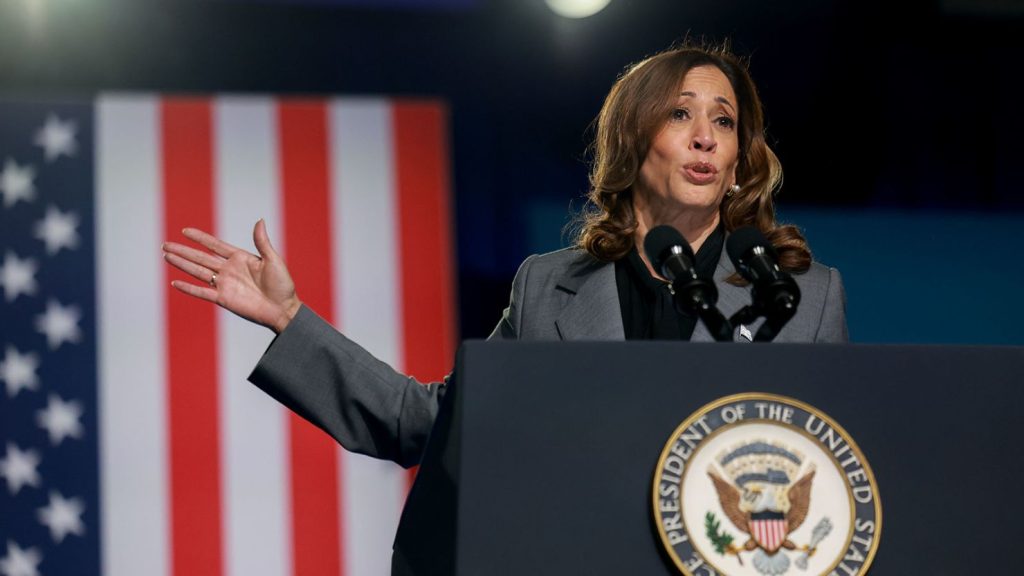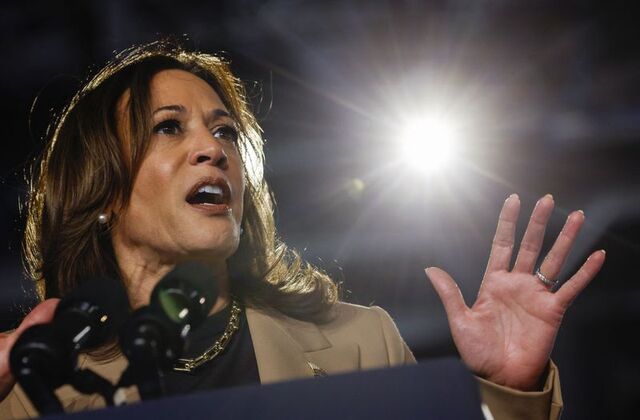Democratic presidential candidate Kamala Harris unveiled a series of policy proposals on Monday aimed at winning over Black men, a key voting bloc in the upcoming election. The plan includes forgivable small business loans and expanded access to the legal recreational marijuana industry. Harris and Democratic leaders, including former President Barack Obama, have expressed concern about whether Black men will turn out in sufficient numbers for the Nov. 5 election and whether they will support her over Republican rival, former President Donald Trump.
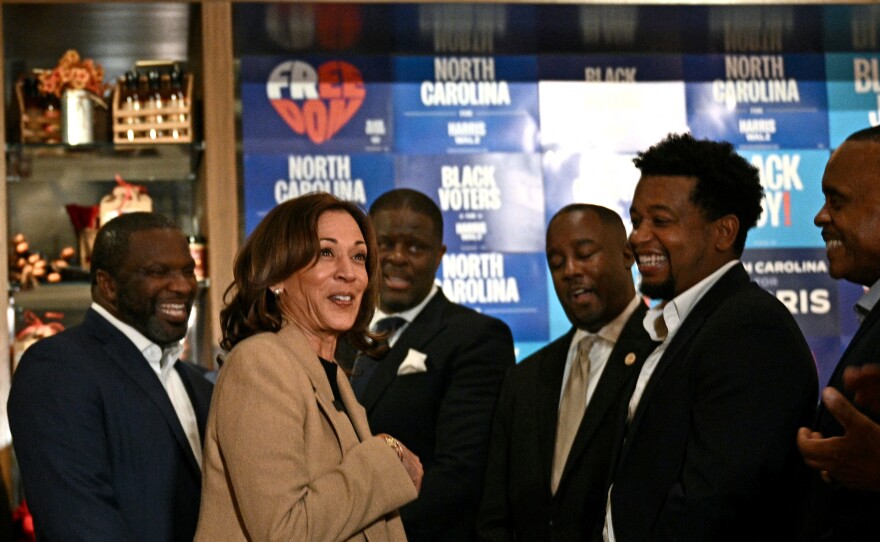
Harris’s new proposals are part of a targeted effort to bolster support among Black men, a demographic that has shown signs of waning enthusiasm in recent polls. The new policies include fully forgivable loans of up to $20,000 for entrepreneurs in underserved communities, a critical measure aimed at fostering economic opportunity for Black men. Additionally, Harris has pledged to legalize recreational marijuana at the federal level, with a particular focus on ensuring Black entrepreneurs have access to the rapidly growing industry.
This initiative addresses a long-standing concern among advocacy groups that Black communities have been disproportionately impacted by law enforcement’s focus on drug-related crimes. By offering equal access to the legal marijuana industry, Harris hopes to rectify these disparities and restore economic opportunities in communities that have historically been targeted by the criminal justice system. However, some predominantly Black communities have expressed opposition to the presence of marijuana businesses in their neighborhoods, citing concerns about their potential impact.
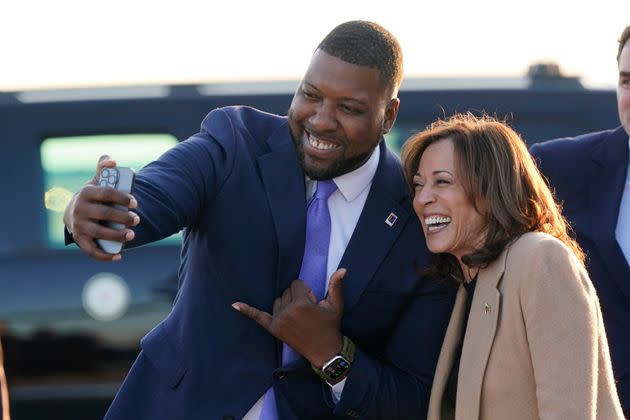
In addition to economic initiatives, Harris has proposed boosting access to the cryptocurrency industry for Black Americans, recognizing the importance of this emerging sector in the modern economy. She also announced a national health equity initiative focused on Black men, specifically targeting diseases like sickle cell anemia, which disproportionately affect this community. The health initiative is designed to address long-standing disparities in healthcare access and outcomes for Black men across the country.
Although the policies are tailored to the Black community, Harris’s campaign is emphasizing that her economic proposals benefit all men. This broader message is part of an effort to position herself as a candidate who can address the needs of diverse communities while ensuring that Black men, in particular, feel seen and heard in the political process.
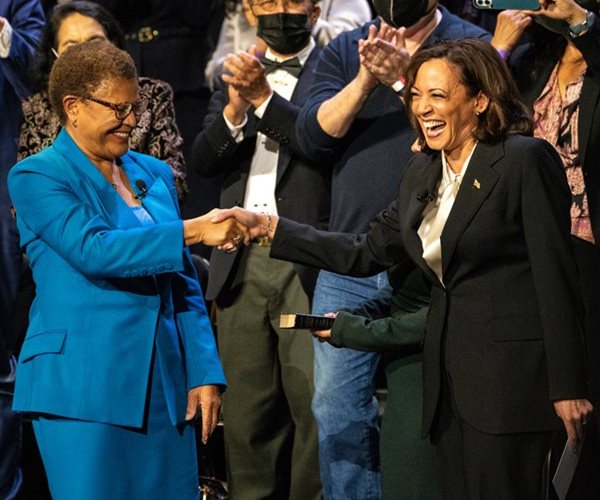
As part of her outreach, Harris traveled to Erie County, Pennsylvania, on Monday for a campaign rally. She also visited a local Black-owned small business, highlighting her commitment to economic development in underserved communities. The Harris campaign noted that these visits are a key part of her strategy to engage directly with voters and emphasize the importance of Black entrepreneurship.
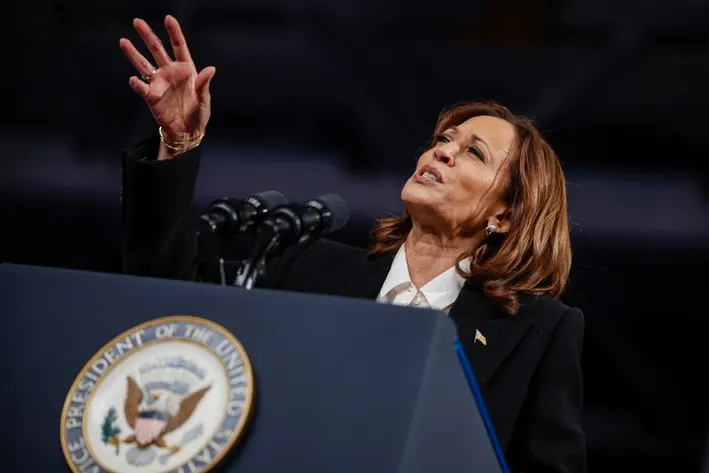
A statement from Harris’s campaign emphasized her understanding that Black men have often felt their voices go unheard in the political process. The statement highlighted her belief in the “untapped ambition and leadership” within the Black male community. If elected, Harris would become the second Black president in U.S. history and the first Black woman to hold the office, underscoring the historic significance of her candidacy.
Some Democrats are concerned about Harris’s relatively soft support among Black men. Recent polling has indicated that over a quarter of young Black men would support Trump in the upcoming election, a troubling sign for the Harris campaign. This represents a shift from the 2020 election, where President Joe Biden secured approximately 80% of the Black male vote. Harris’s policy proposals are seen as a way to counteract this trend and reinvigorate support among this key demographic.
Harris’s policy rollout comes ahead of a highly anticipated interview with Charlamagne the God, a comedian, author, and influential critic of the Biden administration. Charlamagne’s nationally syndicated radio show is popular with Black millennials, and his critique of Democratic policies could be significant in shaping opinions within this key voting bloc. Harris’s outreach to Black men in the final stretch of the campaign will be critical as she seeks to solidify her base and boost turnout on Election Day.
